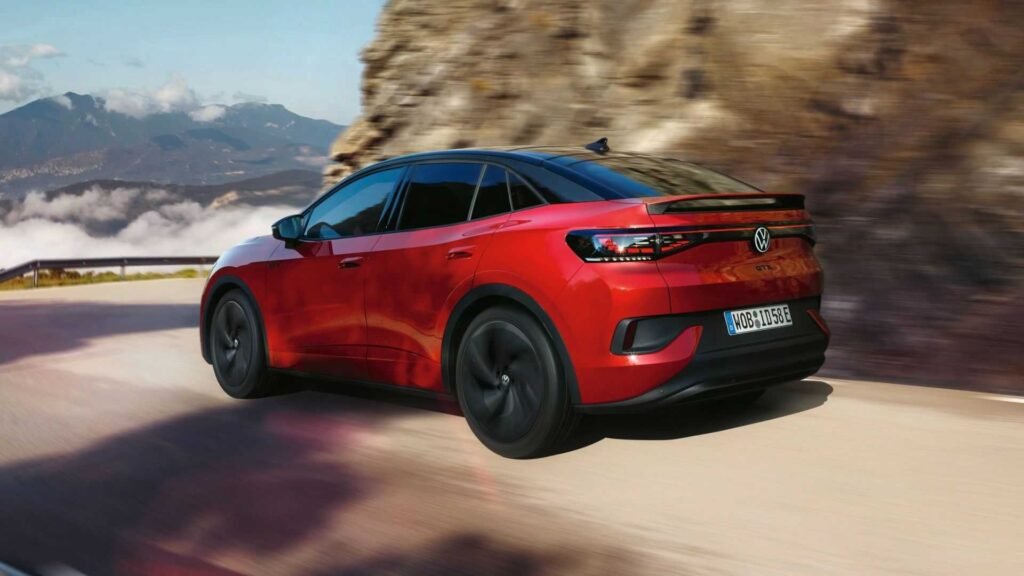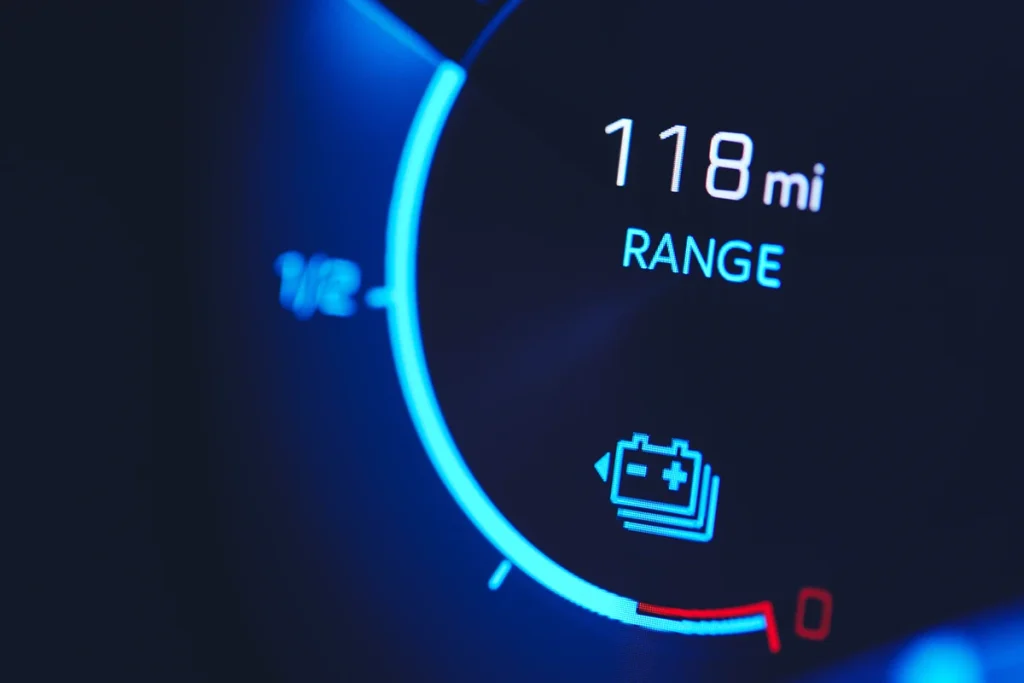Germany continues to lead the way in the adoption of electric vehicles, with new data revealing a remarkable surge in electric car sales in August. According to the European Automobile Manufacturers Association (ACEA), fully electric models accounted for over one-fifth of all new cars sold in the European Union (EU) during that month, marking the first time electric vehicles made up a significant portion of sales. This surge in demand for electric cars not only highlights the increasing popularity of sustainable transportation options but also signifies a significant step towards achieving a greener future.
Featured Image credit: cdn.motor1
The ACEA reported that fully electric models comprised 21% of all new car sales in the EU in August. This represents a substantial increase compared to previous years and demonstrates a growing acceptance of electric vehicles as a viable alternative to traditional combustion engine cars. The surge in sales can be attributed to several factors, including government incentives, improved charging infrastructure, and the availability of a wider range of electric vehicle models.
Throughout the first eight months of 2023, nearly 1 million fully-electric cars were sold in the EU. This impressive figure reflects the ongoing shift towards sustainable mobility and the increasing awareness of the environmental benefits of electric vehicles. Germany, in particular, has played a significant role in driving this growth, with new passenger car registrations in the country increasing by 37% year-over-year in August, reaching 273,417 vehicles. Over the same eight-month period, Germany registered a total of 1,913,564 new cars, representing a 16.5% increase compared to the previous year.
Reasons For The Surge In Electric Vehicle Sales In Germany
The rise in electric vehicle sales in Germany can be attributed to the strong performance of plug-in electric vehicles, which reached their highest sales level so far this year. In August, Germany’s total new plug-in electric car registrations amounted to 101,201, representing a 78% increase compared to last year. This accounted for 37.0% of the total volume, a significant increase from the 28.5% market share in the previous year. The outstanding sales result was primarily driven by battery electric cars (BEVs), which saw a staggering 171% increase in sales year-over-year, reaching 86,649 registrations. This accounted for 31.7% of the total market share, a substantial increase from the 16.1% market share in the previous year.
On the other hand, plug-in hybrid car (PHEV) registrations experienced a decline year-over-year for the eighth consecutive month, which affected the overall plug-in segment. This decline can be attributed to the absence of generous incentives for PHEVs this year, unlike previous years. The lack of incentives has impacted the sales of PHEVs and contributed to the substantial drop in their market share.
Electric Vehicle Brands In Germany
Several brands stood out in terms of electric car registrations in Germany. The Volkswagen brand led the way with the highest number of new registrations, totalling 11,683, followed by Mercedes-Benz with 8,034 registrations and BMW with 7,183 registrations. Other brands such as Hyundai, Kia, Seat/Cupra, Skoda, and Toyota also set new records for BEV registrations, reflecting the growing diversity of electric vehicle models available to consumers.
Chinese EV Manufacturers In Germany
Interestingly, a group of Chinese manufacturers has entered the European market with strong results in BEV registrations. MG Roewe, GWM, BYD, and NIO have collectively made a significant impact on the market, posing a potential threat to the local automotive industry. Their success highlights the global competition in the electric vehicle market and the increasing presence of Chinese manufacturers.
Tesla, a prominent player in the electric car market, experienced a relatively slower month in new registrations, with 6,903 units sold, representing a 30.5% increase year-over-year. Despite this, Tesla remains a leading brand in terms of overall electric car sales in Germany, along with Volkswagen and Mercedes-Benz.
Looking at the top BEV models, the Volkswagen ID.4/ID.5 duo emerged as Germany’s most registered electric vehicle in August, with 5,683 units sold. The Tesla Model Y followed this with 4,795 units, and the Volkswagen ID.3 with 3,636 units. The Tesla Model Y remains the top-selling all-electric car in Germany, demonstrating the ongoing popularity of Tesla’s offerings in the market.
Overall, the doubling of electric car sales in Germany in August is an impressive achievement that reflects the country’s commitment to electric vehicles and sustainable transportation. It signifies the increasing acceptance and awareness of electric vehicles as a viable and environmentally friendly alternative to traditional cars.


